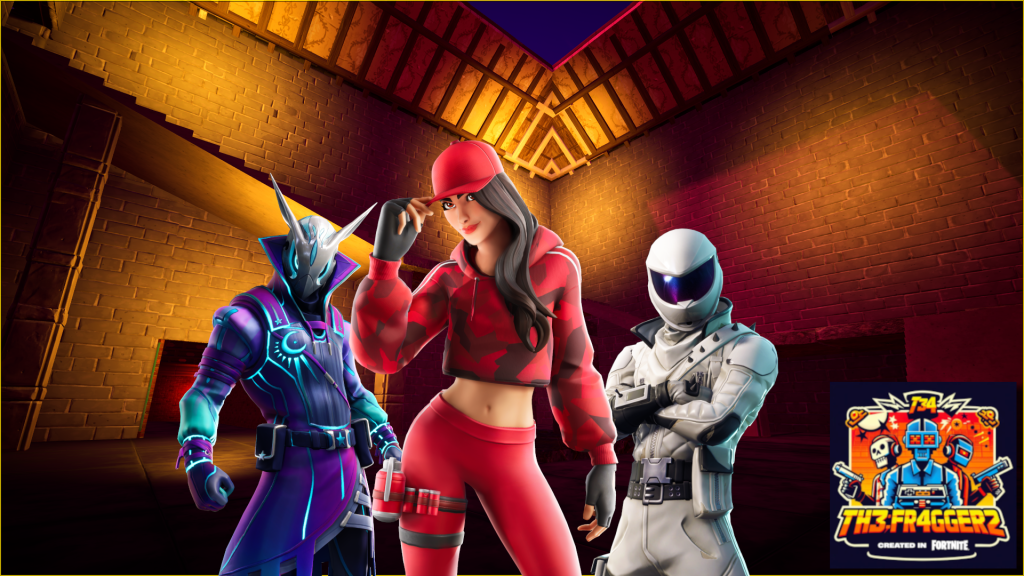Let’s talk about refusal as a generative act. The refusal has something similar to the design, to me. It identifies issues and creates new opportunities.
Right now in my industry, it’s a moment of change and challenges. Dramatic, somehow. But this is where things can change for the better. Refusal is a great tool we have.
I am reading on my feed dozens of posts written by people with huge experience who have been laid off. Now, these people are looking for work. It reminds me a little bit of the classic royal rumbles I watched on my television when I was a kid. Macho Man VS Hulk Hogan VS Ultimate Warrior… you get that! The most muscled guys in the world fake-fighting for a shiny belt.
Am I willing to join that? No, of course not! I can support this or that stunt, but I refuse to be in the ring. I am the guy with the big hand glove in the background, I love their spirit. But I am not joining that!
And this creates other opportunities for me. I work mostly with people who are starting to build new companies. People who are exploring a vision. There are lots of them, more than profitable companies for sure. There is a lot of work to do. And the more I help them, the more things I learn, the more I can help others.
And the best jobs I have had in my career, I mean full-time regular jobs, have started from this spark. Creativity, making games together. Not screening, filtering, testing, trying, questioning, and all these blockers.
That’s how, through the refusal of the standard processes, I keep and foster my passion for making games.
First screening with a web logical test? Not gonna happen. Unpaid home assignment? Not for me. More than 3 rounds of interviews? I am out.
Let’s meet for 2 hours in a room with a dashboard and a spreadsheet. Introduce me first to the producer and only at the end to the HR manager. Show me you’re looking for experience, design, and concreteness. Show me you want to make games.
I have created this post originally for LinkedIn. But then I removed it from there, because it can be read in wrong ways too.
Let’s talk about refusal as a generative act. The refusal has something similar to the design, to me. It identifies issues and creates new opportunities.
Right now in my industry, it’s a moment of change and challenges. Dramatic, somehow. But this is where things can change for the better. Refusal is a great tool we have.
I am reading on my feed dozens of posts written by people with huge experience who have been laid off. Now, these people are looking for work. It reminds me a little bit of the classic royal rumbles I watched on my television when I was a kid. Macho Man VS Hulk Hogan VS Ultimate Warrior… you get that! The most muscled guys in the world fake-fighting for a shiny belt.
Am I willing to join that? No, of course not! I can support this or that stunt, but I refuse to be in the ring. I am the guy with the big hand glove in the background, I love their spirit. But I am not joining that!
And this creates other opportunities for me. I work mostly with people who are starting to build new companies. People who are exploring a vision. There are lots of them, more than profitable companies for sure. There is a lot of work to do. And the more I help them, the more things I learn, the more I can help others.
And the best jobs I have had in my career, I mean full-time regular jobs, have started from this spark. Creativity, making games together. Not screening, filtering, testing, trying, questioning, and all these blockers.
That’s how, through the refusal of the standard processes, I keep and foster my passion for making games.
First screening with a web logical test? Not gonna happen. Unpaid home assignment? Not for me. More than 3 rounds of interviews? I am out.
Let’s meet for 2 hours in a room with a dashboard and a spreadsheet. Introduce me first to the producer and only at the end to the HR manager. Show me you’re looking for experience, design, and concreteness. Show me you want to make games.

